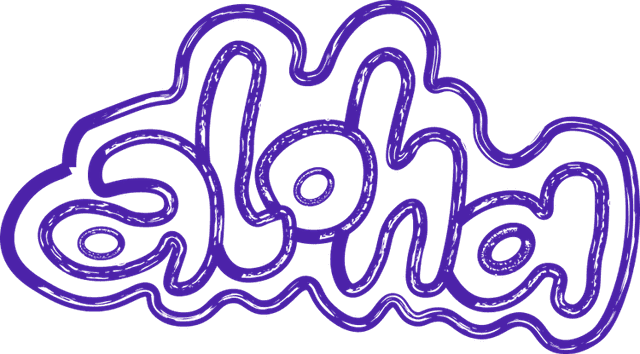
reserved character
Reserved Characters: The Unsung Heroes of the Digital Universe
Reserved characters are specific characters that hold special significance in certain contexts, often associated with programming languages, operating systems, or protocols. In these scenarios, these symbols aren't just idle bystanders; they're active participants, directing how data should be processed or interpreted.
Consider a URL, the digital address of a webpage. Certain characters, like the slash (/), colon (:), or question mark (?), aren't just cosmetic embellishments. They're reserved characters, playing specific roles in the URL's structure and function. A slash, for example, separates different parts of a URL, while a question mark signals the beginning of a query string.
Or take the humble semicolon (;), an often overlooked punctuation mark in English, but a vital reserved character in programming languages like JavaScript or C++. Here, it plays a pivotal role in marking the end of a statement, like a full stop at the end of a sentence.
Reserved characters are a fixture in the digital world, found in every nook and cranny, from SQL databases to JavaScript code, from HTML documents to UNIX commands. They are the workhorses that keep our digital infrastructure running smoothly, efficiently, and effectively.
However, their reserved status can sometimes cause complications. When these characters need to be used as normal text rather than their designated function, they must be 'escaped' or encoded. In HTML, for instance, the less than (<) and greater than (>) signs need to be replaced with < and > respectively to avoid being mistaken for tags.
As we wrap up our exploration of reserved characters, we uncover a hidden world of meaning beneath the symbols we often take for granted. To finish, here's a fun, programming-themed rhyme to pay homage to our reserved characters:
In code's grand tale, there's a plot,
Where reserved characters call the shot.
From a URL's path,
To a laugh in JavaScript's math,
They're symbols that we've not forgot! Reserved characters are special characters that have a specific meaning in programming languages or in the context of data processing. These characters are reserved for specific purposes and cannot be used for other purposes without causing errors or issues. Some examples of reserved characters include the asterisk (*), question mark (?), and forward slash (/). These characters are often used in regular expressions, file paths, and other programming tasks.
When working with reserved characters, it is important to properly escape or encode them to avoid any unexpected behavior. Failure to properly handle reserved characters can lead to security vulnerabilities, data corruption, and other issues. Developers should be aware of which characters are reserved in the programming language or system they are working with, and follow best practices for handling these characters in their code.
In addition to programming languages, reserved characters are also commonly found in URLs. When including reserved characters in a URL, they must be properly encoded using percent encoding to ensure that the URL is valid and can be processed correctly by web servers and browsers. Failure to encode reserved characters in a URL can result in broken links, inaccessible web pages, and other issues. It is important for web developers and SEO professionals to be familiar with reserved characters and how to handle them correctly in URLs to ensure the optimal performance and visibility of their websites.
Let’s build your next digital product — faster, safer, smarter.
Book a free consultationWork with a team trusted by top-tier companies.








